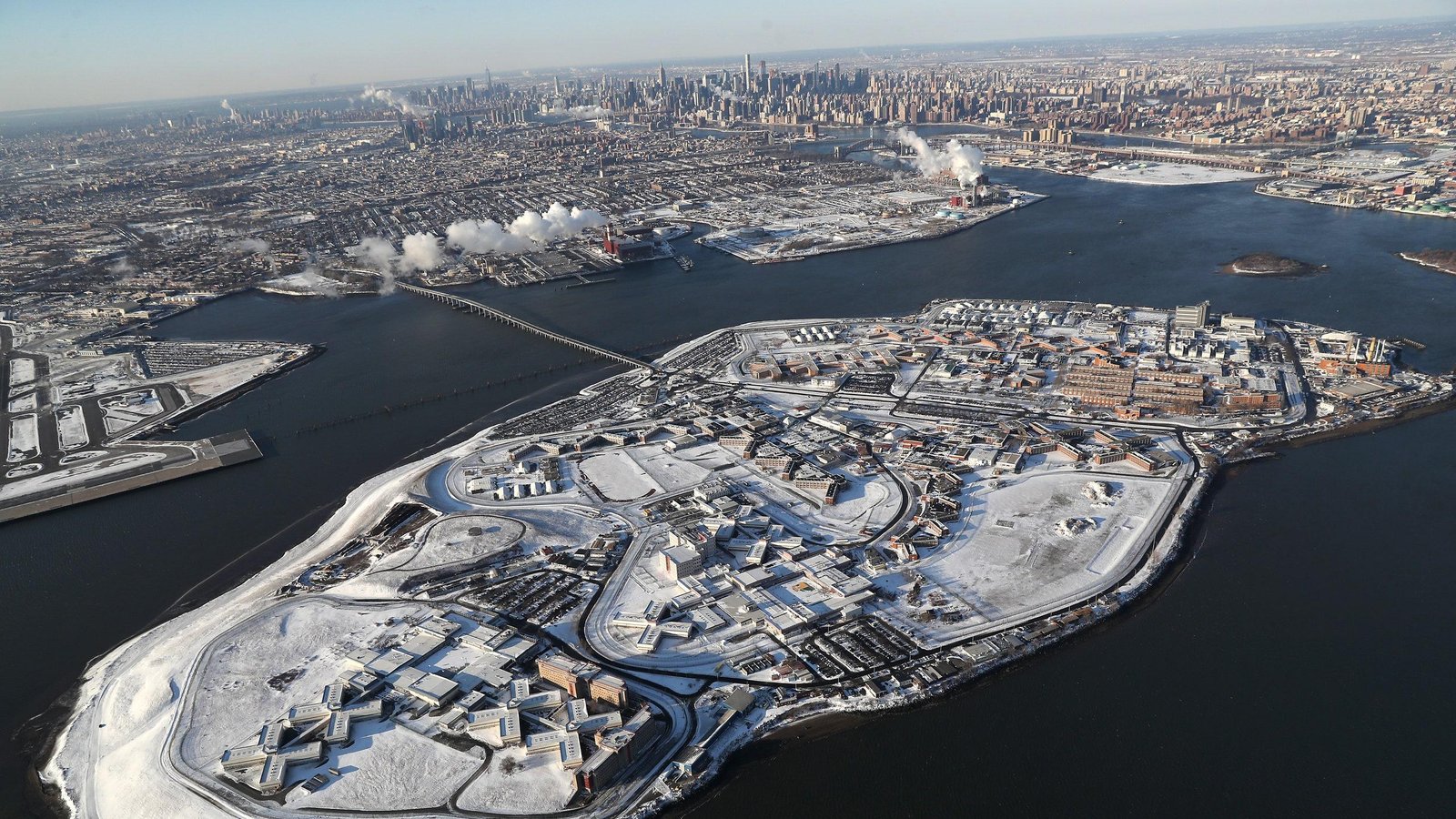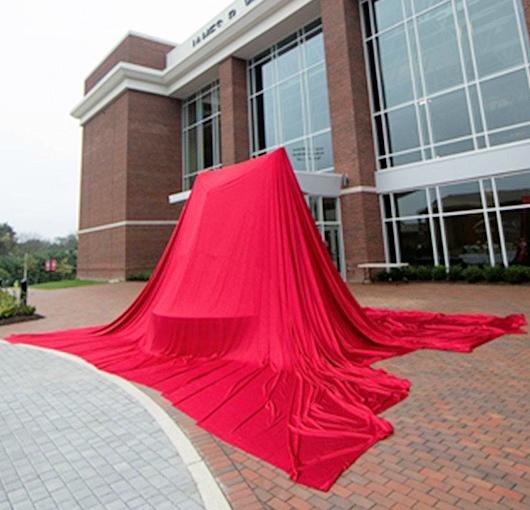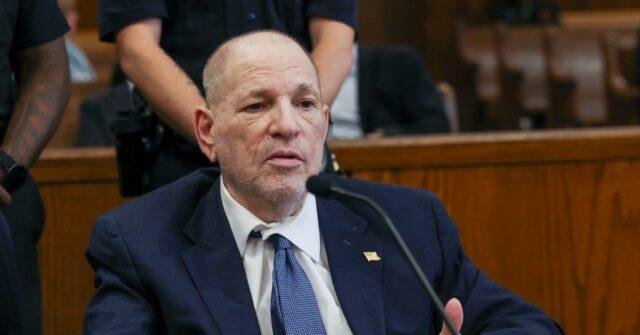In the labyrinthine confines of Rikers Island, a sprawling penal complex that has been plagued by a litany of human rights concerns, Harvey Weinstein’s legal guardians have cast a spotlight on the harrowing conditions that allegedly afflict its incarcerated inmates. This article delves into the depths of their complaint, unraveling the disturbing allegations of a shadowy world where the boundaries between justice and despair blur, raising questions about the very essence of our correctional system and the humanity we extend to those who have been deemed guilty.
– Rikers Islands Alarming Conditions: A Glaring Spotlight on Weinsteins Incarceration
Harvey Weinstein’s lawyers filed a complaint on 28 April detailing the grim conditions he has allegedly faced at New York’s notorious Rikers Island jail complex, comparing it to a “gulag”.
The heavily redacted complaint outlines a litany of issues, including:
- Flooding of Weinstein’s jail cell
- Broken cell toilet
- Cold and unsanitary conditions
- Lack of adequate medical care
| Alleged Conditions | Weinstein’s Lawyers’ Comparison |
|---|---|
| “Unfit for human habitation” | “Gulag” |

– Unveiling the Horrors: Lawyers Complaint Exposes Gulag-Like Conditions
Unveiling the Horrors: Lawyers Complaint Exposes Gulag-Like Conditions at Rikers Island
- Deplorable and Dangerous: Lawyers for Harvey Weinstein have filed a complaint alleging a litany of ”medieval” conditions at the infamous Rikers Island jail where he is currently incarcerated. These include rodent infestations, overflowing toilets, lack of proper medical care, and rampant violence among inmates. The document paints a grim picture of a facility that has been plagued by neglect and corruption for decades.
- A Call for Reform: The complaint is a sobering reminder of the systemic failures that continue to mar the American penal system. It serves as a call for urgent reform to ensure that all inmates, regardless of their alleged crimes or socioeconomic status, are treated with dignity and decency. The conditions described at Rikers Island are not just inhumane, but also a violation of basic human rights. It is imperative that we take action to address these abuses and create a more just and humane system of justice.
In Conclusion
In the labyrinthine depths of Rikers Island, where shadows dance amidst steel and concrete, justice takes on a haunting and enigmatic guise. As Harvey Weinstein’s lawyers unfurl their grievances against the institution’s purported “gulag-like” conditions, a profound question lingers: Where does justice end, and cruelty begin?
In the grand tapestry of life, each thread plays a pivotal role. But what happens when the fabric itself becomes tainted? As the echoes of Weinstein’s trial reverberate through time, the cavernous halls of Rikers Island serve as a stark reminder that the pursuit of justice must never come at the expense of basic human dignity.
Thus, the debate continues, a symphony of perspectives colliding amidst the harsh realities of a correctional system that both punishes and purges. As the curtains fall on this chapter of Weinstein’s saga, the echoes of Rikers Island linger, a haunting testament to the complexities of justice and the profound need for compassionate reform.

